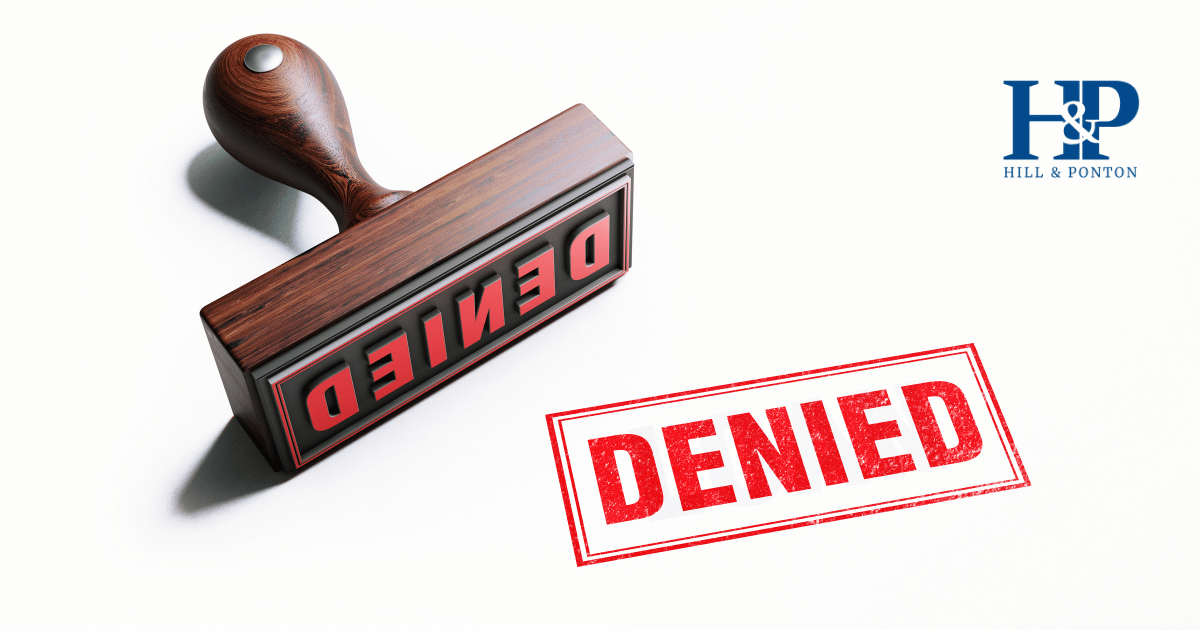Crying during a C&P (Compensation and Pension) exam is not only okay, but it can also be an important part of conveying the impact of your condition to the examiner.
It’s natural to experience strong emotions, especially when discussing traumatic events or mental health issues. And expressing your emotions, including crying, can be beneficial for your VA claim.
Why Crying During a C&P Exam is Normal
Many veterans feel a wave of emotions during their C&P exam. The process of recounting traumatic experiences or discussing deeply personal issues can be overwhelming.
Crying is a natural response and a sign of the genuine impact these experiences have had on your life. It’s a way for you to communicate the depth of your struggles to the examiner.
The Importance of Honesty and Vulnerability
Being honest and open about your feelings and experiences is crucial during compensation & pension examinations. It’s important to make it very clear how your disabilities or conditions impact your life.
Here is how crying and showing vulnerability can work in your favor:
- Conveys the Impact: Crying helps demonstrate the emotional and psychological impact of your condition, which might not be as evident through words alone.
- Authenticity: Examiners are trained to look for authenticity. Showing genuine emotion can reinforce the truth of your statements.
- Comprehensive Evaluation: Emotional reactions can prompt the examiner to ask more in-depth questions, leading to a more thorough evaluation of your condition.
What if My Exam Went Bad?
Sometimes, even when you take all the right steps and prepare as much as you can, things can still go wrong. There are times that, even when you are vulnerable and open with a C&P examiner, it can still feel like it wasn’t enough.
If you leave your C&P exam feeling uneasy about how it went, consider these steps:
- Document Your Experience: Write down your impressions of the exam as soon as possible. Include details about how you were treated, the questions asked, and any concerns you had.
- Identify Your Examiner: Make sure you know the name of your examiner. This can be useful if you need to reference the exam later or if you believe the examiner was not qualified to assess your condition.
- Request a Copy of Your Exam: You can obtain a copy of your C&P exam report from your eBenefits account or by contacting the office where the exam took place. Reviewing the report can help you understand the examiner’s conclusions and prepare a rebuttal if necessary.
- Seek a Second Opinion: If you feel your exam was unfair, you can request another C&P exam. While the VA is not required to grant this request, it’s worth asking.
- Consult Your Own Doctor: Have your personal doctor fill out a Disability Benefits Questionnaire (DBQ) for your condition. The VA must consider your doctor’s opinion and weigh it alongside the VA examiner’s report.
Master the VA Disability Claims Process
Repressing Your Emotions Is Bad Medicine
It’s okay to cry during your C&P exam. Your emotional response can play a crucial role in helping the examiner understand the full extent of your condition.
Allow yourself to be vulnerable and honest about your experiences. This openness can significantly impact the outcome of your VA claim and ensure you receive the benefits you deserve.
And if you are having painful thoughts or thoughts that are difficult for you to convey to the people close to you, please call the Veteran’s Helpline at 988 or text 838255 to start a confidential chat with someone who can help you right now.
Remember, there are many organizations and individuals ready to offer you the support you need. Did you know that Attorney Matthew Hill has written THE book on how to navigate the complicated VA claim process? And it’s yours for free, no strings attached.





